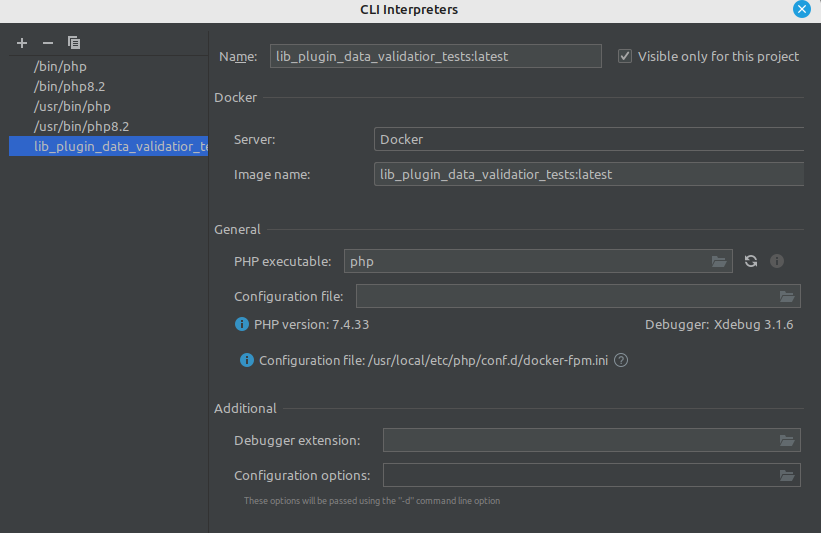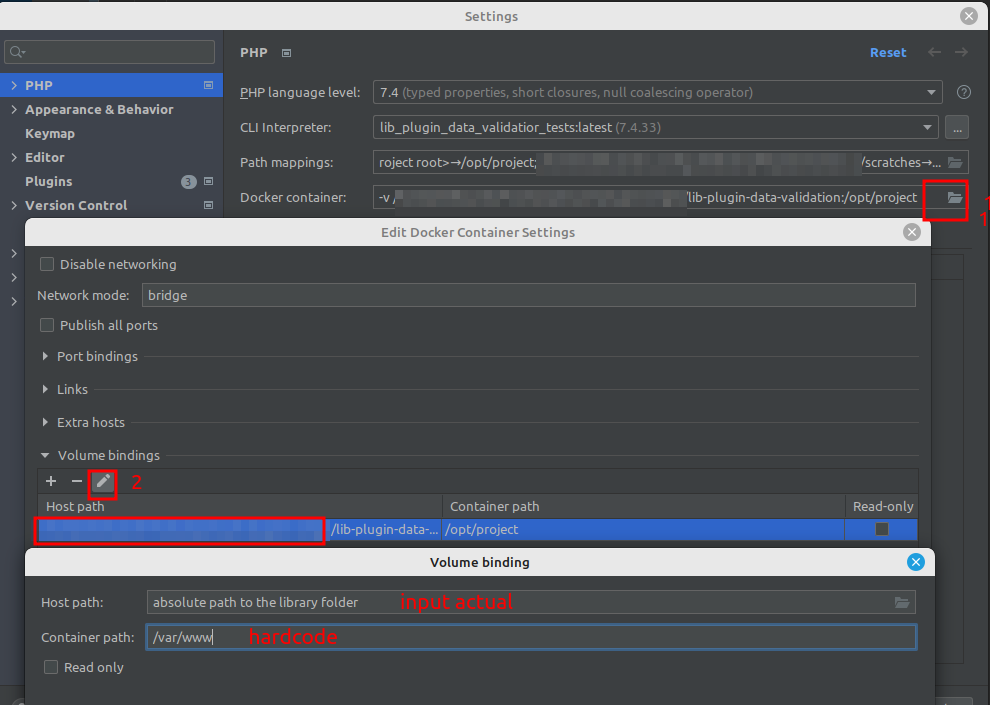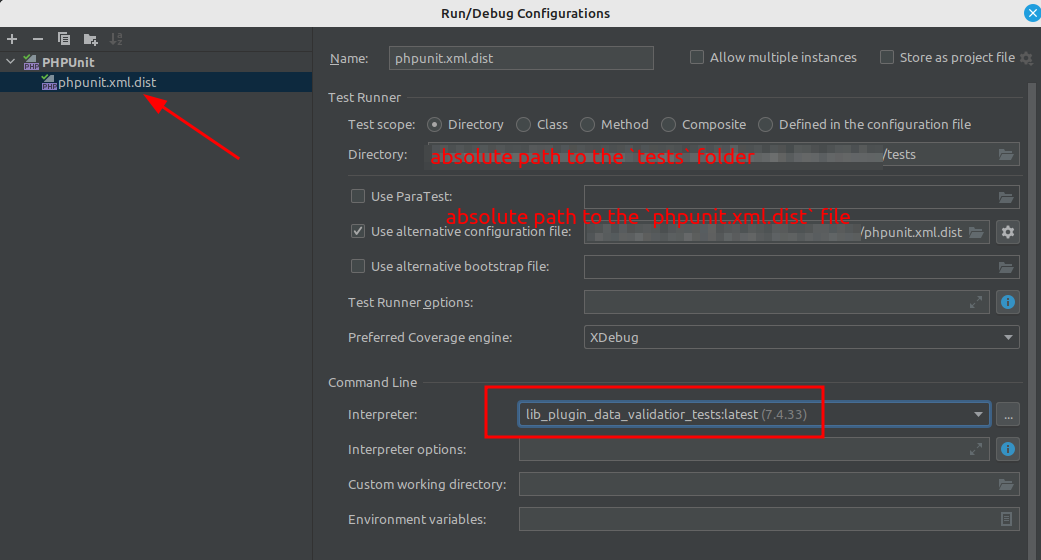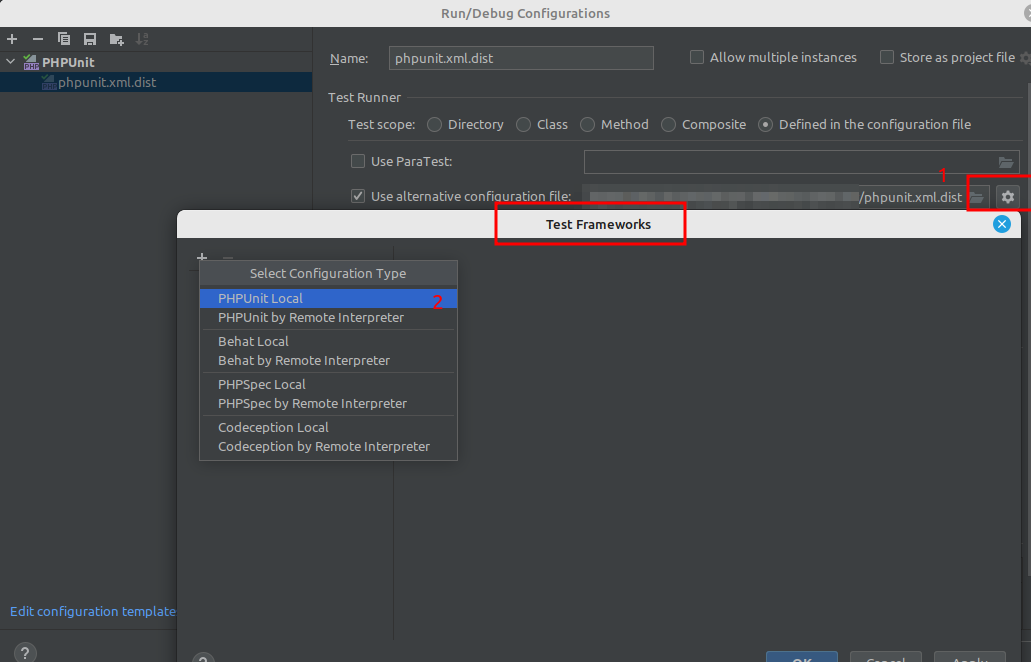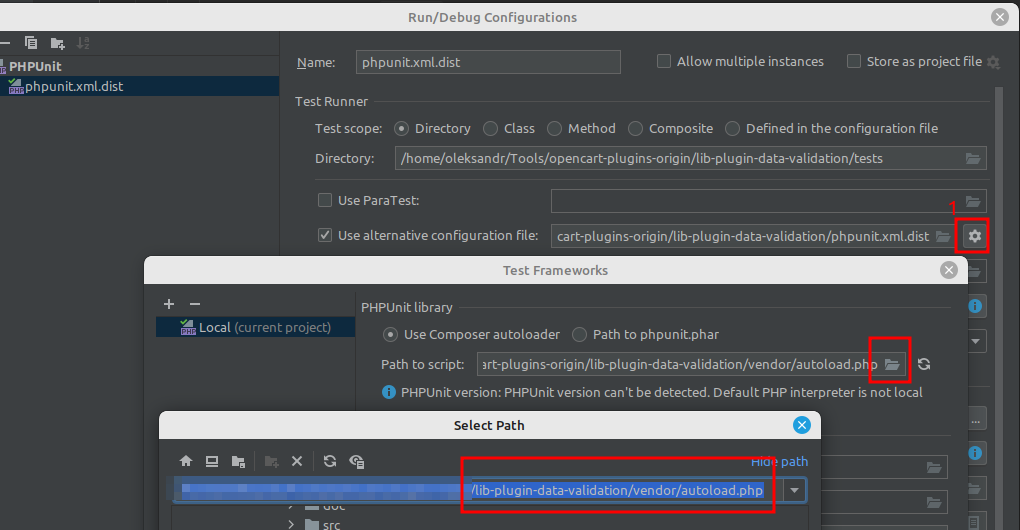paysera / lib-plugin-data-validation
Library for iterable input validation
Installs: 3 581
Dependents: 0
Suggesters: 0
Security: 0
Stars: 0
Watchers: 0
Forks: 1
Open Issues: 0
pkg:composer/paysera/lib-plugin-data-validation
Requires
- php: >=7.4
- madesimple/php-arrays: ^2.0
Requires (Dev)
- friendsofphp/php-cs-fixer: ^3.38
- phpstan/extension-installer: ^1.3
- phpstan/phpstan-deprecation-rules: ^1.1
- phpstan/phpstan-mockery: ^1.1
- phpstan/phpstan-phpunit: ^1.3
- phpunit/phpunit: ^9.6
This package is auto-updated.
Last update: 2026-02-11 21:28:56 UTC
README
This library is crafted for validating array-type input data, making it ideal for validating form submissions and similar tasks.
We've drawn inspiration from a particular library, but due to specific requirements, we couldn't integrate it directly. Hence, this package represents a tailored version tailored to suit our specific needs.
Not entire code of the original library was taken for this package. That's why the package does not contain many useful validation rules and code that handle them. Feel free to copy and adapt absent code if you need.
Basic usage
namespace '...'; use Paysera\DataValidator\Validator\AbstractValidator; class SomeValidator extends AbstractValidator { public function __construct(RepositoryInterface $repository /* dependencies here */) { parent::__construct(); $rule = new EntityExists($repository); $this->addRule($rule); $this->setRuleMessage($rule->getName(), 'error message for entity-exists rule'); // for customisation of error for specific fields // you can use kind of MessageRepository here as a dependency $this->setAttributeMessage('field_name', 'custom_error_this_field'); } }
Then:
$someValidator = new SomeValidator(/*dependencies here*/); $rules = [ 'field1' => 'entity-exists|other_rules:with_parameters', ]; if (!$someValidator->validate($this->request->post /* or any other array with data */)) { $errors = $someValidator->getProcessedErrors(); } /* * 'field' => [ * 'entity-exists' => 'error message for entity-exists validator rule', * 'other_rules' => 'error message for other rules', * ] */
You can use placeholders for messages:
$this->setRuleMessage('entity-exists', 'Order status with ID=:id must exist'); // or $this->setAttributeMessage('specific_field', 'Order status with ID=:id must exist');
In this case, the placeholder will be replaced by the value of the field being checked
Adding new Validation Rules
You have to create new class with CamelCase rule name ('entity-exists' => EntityExists)
You have to set the $name property, override the __construct method if you need some specific dependencies
and then implement the validate method (because it is the abstract one).
Investigate the EntityExists class and the AbstractValidatorTest test as an examples of rules and their usage.
As mentioned above, you can take the code from the original library and use it here by adapting it. In particular, the validation rules code. Actually, it is strongly recommend to do in such way.
Testing
bash run_tests.sh
or manually:
docker build -t lib_plugin_data_validatior_tests -f $PWD/Dockerfile $PWD
docker run -it -v $PWD:/var/www -w /var/www lib_plugin_data_validatior_tests composer i
docker run -it -v $PWD:/var/www -w /var/www lib_plugin_data_validatior_tests composer run phpunit
Tests debugging
After building the lib_plugin_data_validatior_tests container you can use it for running and debugging tests under IDE



